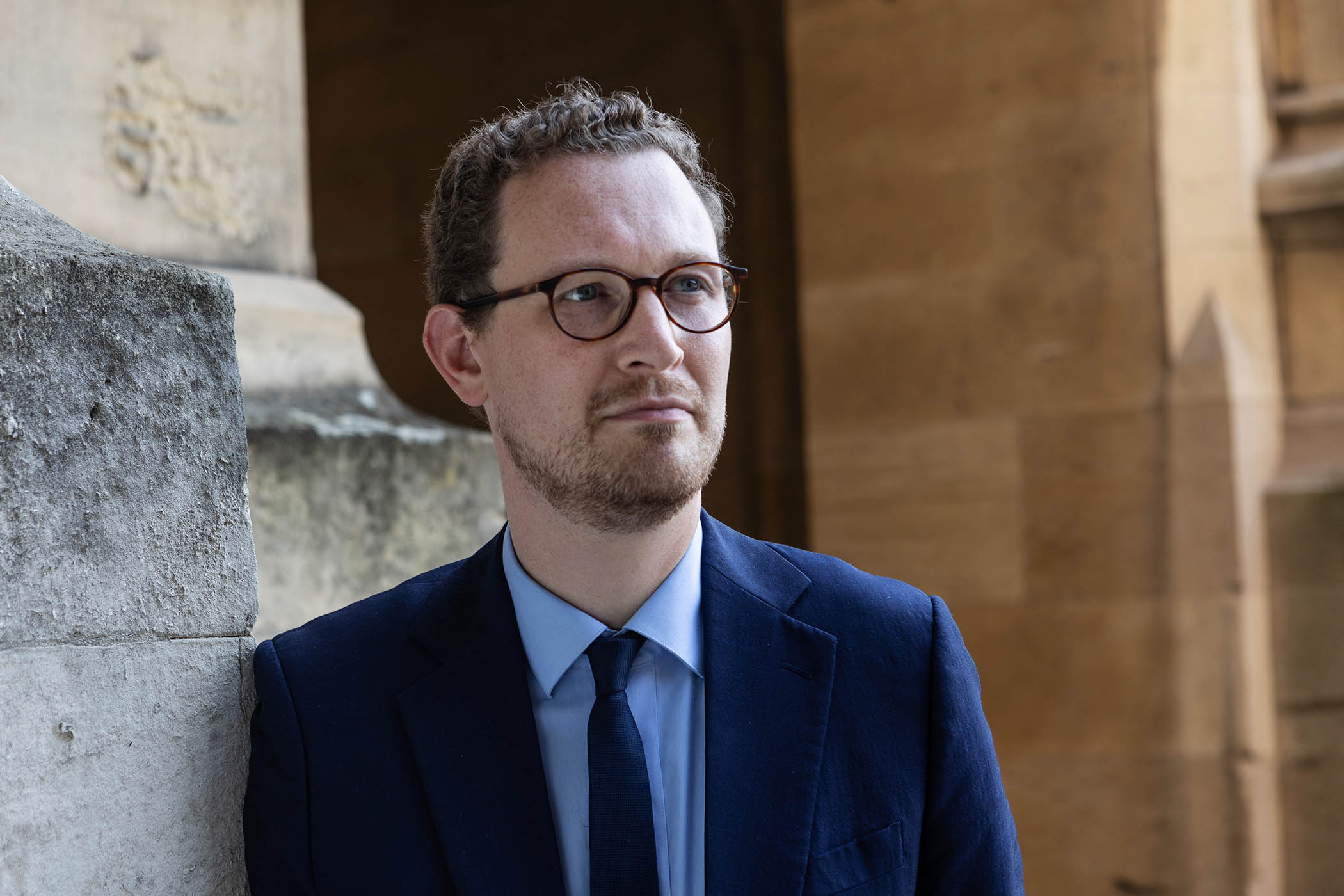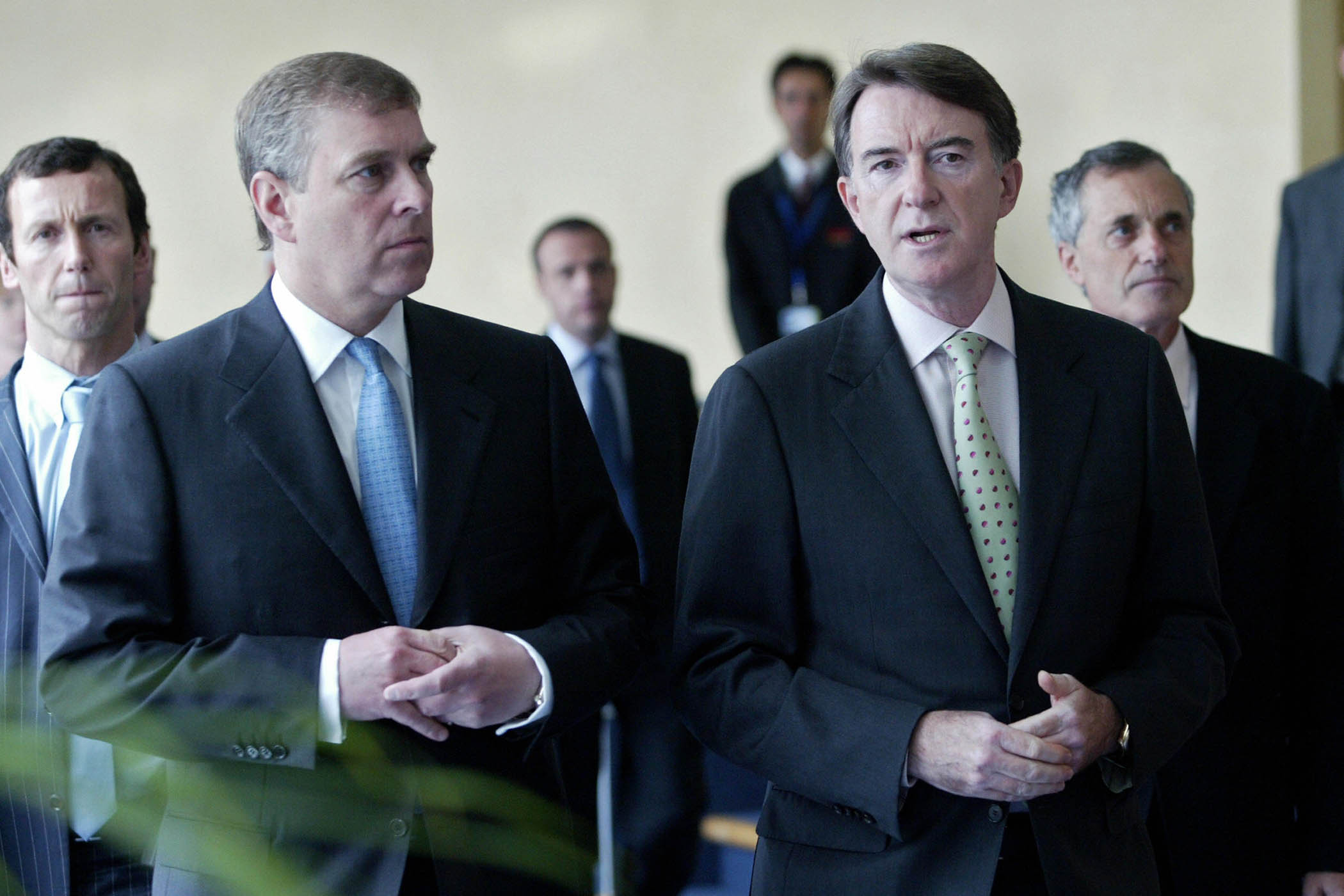Compared with sexy stories about tax rises and Downing Street leadership challenges, the creation of a new arm of the Cabinet Office was never going to make headlines. Yet the new Office for the Impact Economy, announced on Tuesday, may be one of the more important legacy-shaping actions of Sir Keir Starmer’s government.
The new office, to be led by the chief secretary to the prime minister, Darren Jones, was a key proposal of the social impact investment advisory group in its final report on 3 November. This argued that about $106bn of “impact capital” – a mix of purpose-driven investment and philanthropy – stands ready to be tapped by the government to simultaneously simultaneously accelerate its social and economic agenda. Good growth, you might call it.
The new office will be a sort of “one-stop shop” focused on building partnerships between the government, investors, business and philanthropy to drive “national renewal”.
That is easier said than done. Yet there are reasons for optimism, including the government’s present financial difficulties, which mean that it desperately needs new sources of capital and expertise. As well as quickly launching the office, the government has found some money to help catalyse new impact solutions, such as the Better Futures Fund to support families.
It helps that this is an idea driven , not by Westminster but by the leaders of a thriving impact economy, who see partnering with government as essential to turbo-charge its growth. They include charitable foundations, impact investors, mainstream investors, such as Legal & General, and a wide-variety of brand-name companies with a track record of social action, including Greggs, Severn Trent, Octopus Group and Greene King. Several recent impact labs hosted by the London School of Economics, bringing together different government departments with impact economy counterparts, have already identified some promising opportunities for action. Watch this space.
Photograph by Andy Hall for The Observer
Newsletters
Choose the newsletters you want to receive
View more
For information about how The Observer protects your data, read our Privacy Policy



